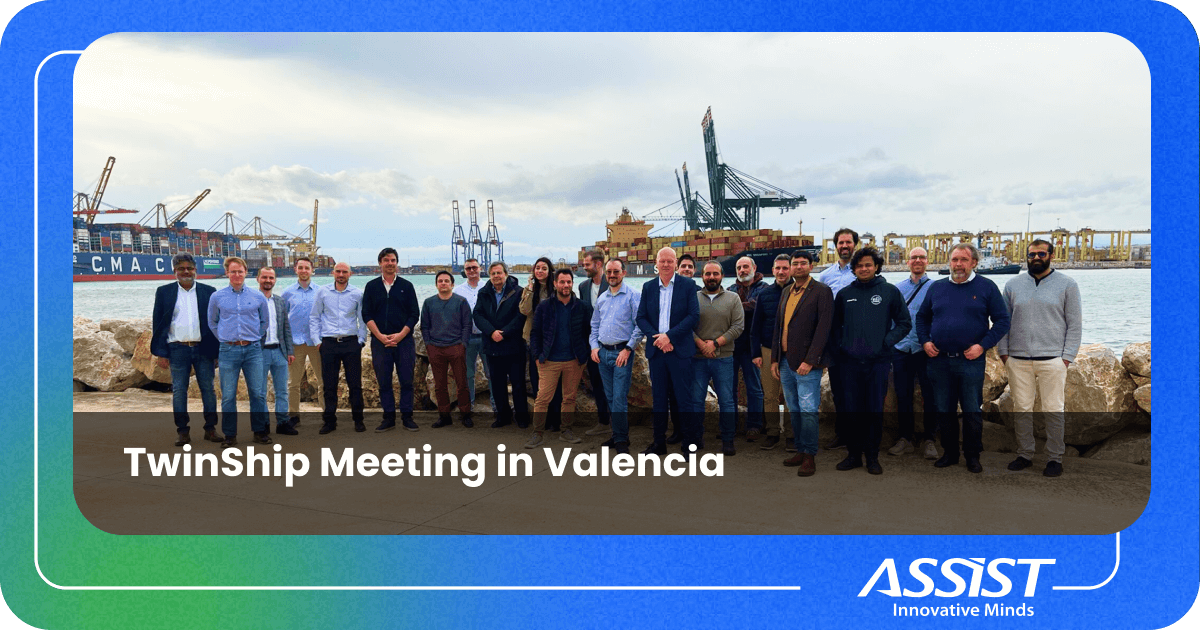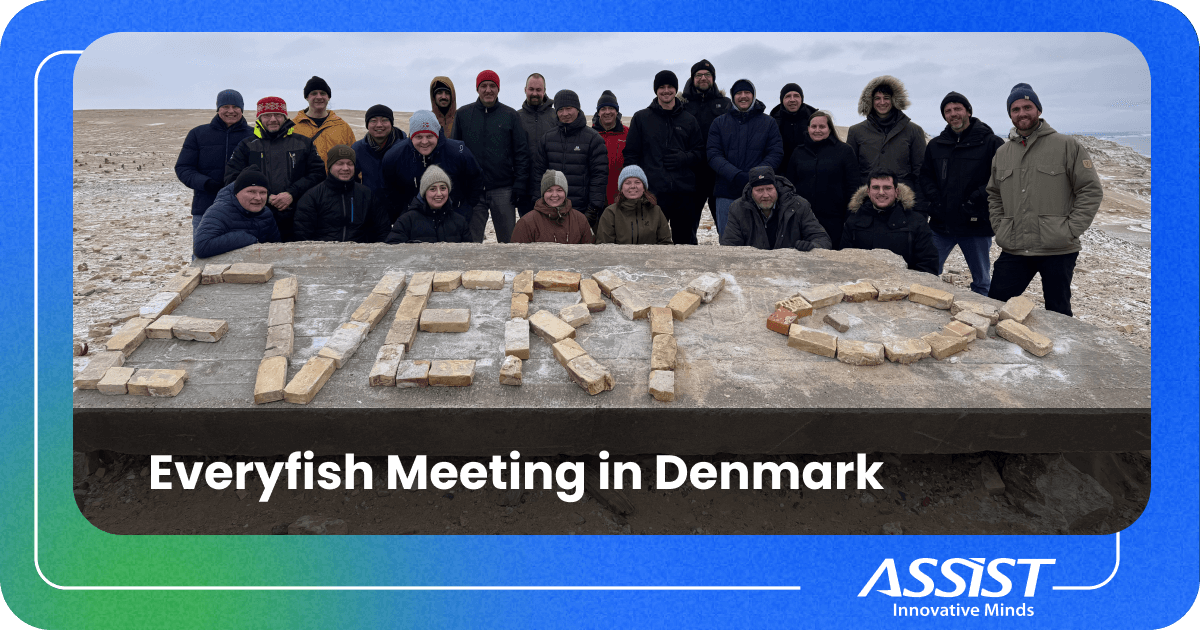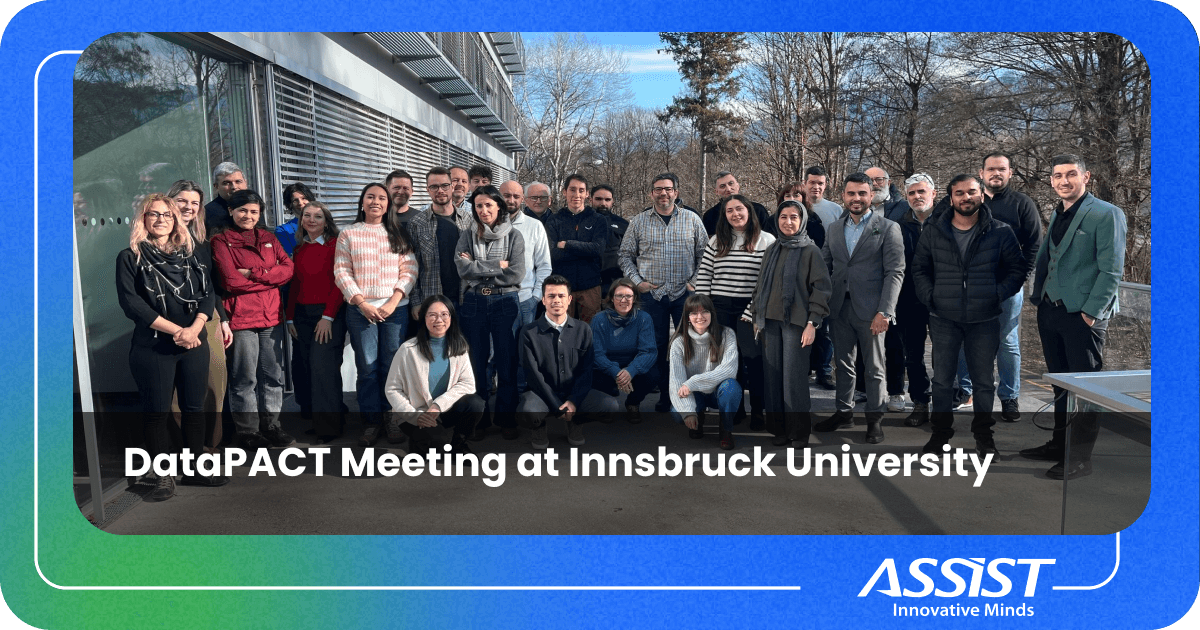School on the Cloud - 1st Erasmus+ European Summit in Greece
Organized by Doukas School
Location: Athens, 22 - 23 March 2014, Dais Cultural Center
Participants: SOC ICT network members, invited speaker: Marietta Giannakou ( Member of the European Parliament, Head of the Greek European People’s Party Delegation, former Minister of National Education and Religious Affairs)
About SOC: Erasmus+ Project - School on the Cloud is an ICT network that explores new dynamic ways in education that align with the way we think, share, learn and collaborate, across various sectors, by exploiting the opportunities arising from the Cloud. The Network is funded by the European Commission under the Lifelong Learning Programme of the European Union, Key Activity 3 – ICT Networks, with a duration of 3 years (01/01/2014 – 31/12/2016).
School on Cloud network Aims:
- undertake research and publish the “state of the art”;
- examine pedagogical approaches;
- produce guidance resources for teachers and teacher educators;
- establish 4 working groups to look at management, teaching, learning and Cloud-based digital futures;
- create a School on Cloud Web site with services offering access to materials, an online community, training opportunities and SoC products, research reports, resources etc;
- disseminate School on Cloud and widen the community via the extended networks of partners.
The agenda included conference opening, presentations conducted by invited speakers, keynote speakers and conference speakers followed by cloud application presentations and “Hands-On the Cloud” workshops.
Keynote Speakers presented aspects in the following concerns:
- 'SoC: Towards a new education paradigm'
- 'Cloud-based Education: the State-of-the-Art'
- 'Cloud-based Digital Technologies for Opening Up Education: Keep on Learning beyond the Physical Classroom at the Digital Cloud'
- 'Teaching and learning in the 21st Century'
Cloud Applications – Implementations
- 'Planet School”: blended learning for inclusive classrooms (Prof. Dr. Ingo Bosse, Dortmund University of Technologies)
- 'Putting away the umbrella': What will you do when the Cloud comes? (Alan Parkinson, King’s Ely School)
- Le-MATH: Learning Mathematics through new communication factors (Gregory Makrides, European Association of Career Guidance)
- English Attack! Platform: A Web 2.0 Platform for English language learners (Ionela Lungu, Iuliu Boiculese, ASSIST Software SRL)
- Cloud Applications by ICT Companies (Apple – Microsoft)
The ASSIST Software team formed by Ionela Lungu and Iuliu Boiculese presented the English Attack platform, an English-language learning service specifically designed for the digital generation that uses short-session online entertainment to encourage frequent digital immersion in real everyday English. English Attack! is an innovative learning method that combines interactive exercises based on hundreds of videos. The platform also offers a number of online games, thematic visual dictionaries, a number of Web 2.0 social features for the global community of English language learners, all in the context of a system of rewards and motivational games.
During the following day were discussed aspects on ’The Cloud today and perspectives on the future’’, followed by conclusions, economical aspects, and future events.
In conclusion, the important role of inspirational leadership in education was discussed in bypassing the many barriers to the transition of education organizations into the Cloud. A set of case studies were produced by the participants. These illustrated how important it was to establish a clear digital strategy, build digital capabilities and establish pathways for success. These are the key features of the recommendations being made to policymakers and decision-makers in education. The importance of cloud in education was brought into discussion and also the challenges faced by schools, colleges, and universities urgently needed to be addressed.
The School on Cloud Project is co-funded by the ERASMUS+ program of the European Union and submitted under key action: development of innovative ICT-based content, services, pedagogies and practice for lifelong learning, action type: network, with the project number: 543221-LLP-1-2013-1-GR-KA3-KA3NW.
The Network consists of 57 Partners, most of whom are leaders in their educational sectors. They represent 18 European countries (Greece, UK, Romania represented by our company - ASSIST Software, Italy, Germany, Austria, Poland, Bulgaria, Ireland, Belgium, Slovenia, Spain, Portugal, Cyprus, Lithuania, Czechia, Turkey and Switzerland ) and include 10 Schools, 21 Universities, Companies, NGOs, National Authorities, Research Centres, Associations and Adult Education providers.



